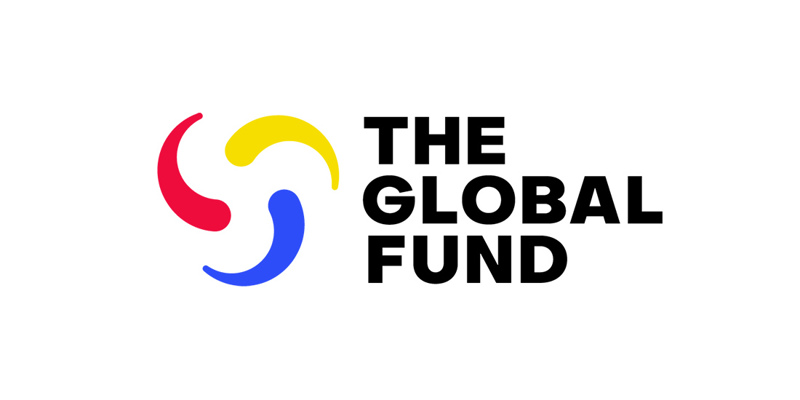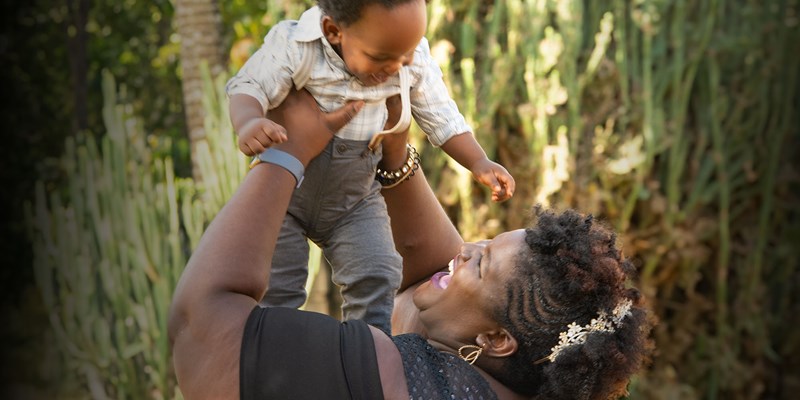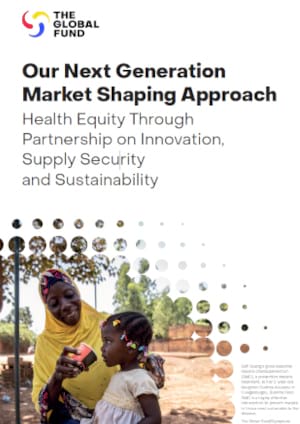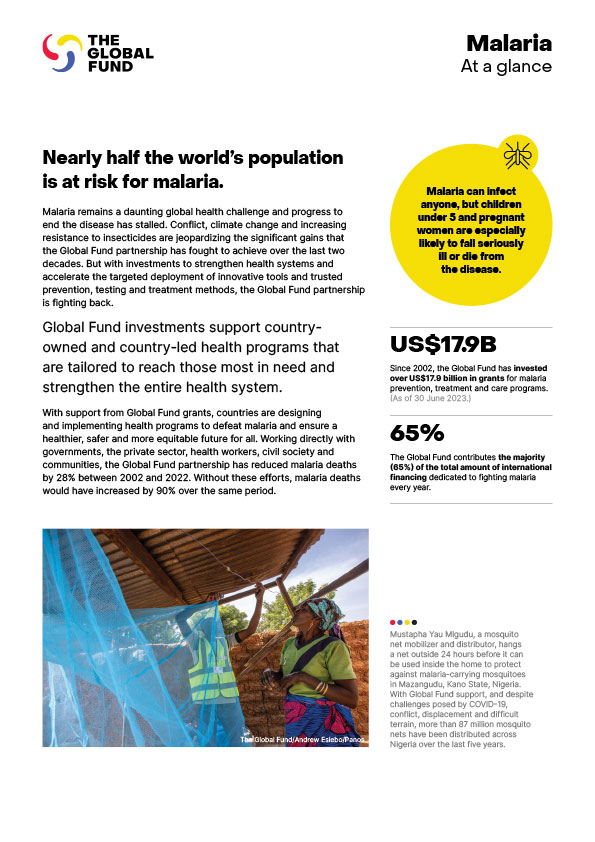Safe Services in South Africa
09 February 2023
People will not seek out the services that they need if they do not feel safe when receiving those services. How can Global Fund-supported programs design and deliver services so as to best protect beneficiaries from the risk of sexual exploitation, abuse and harassment (SEAH)? Three recent workshops in South Africa brought together implementers and representatives of key and vulnerable populations to tackle this important but too-often-taboo subject.
In December 2022, the PSEAH Coordination Unit (PCU) of the Global Fund’s Ethics Office organized a series of workshops to pilot a new tool that implementers can use to assess the level of risk of SEAH within their programs, and determine ways to deliver services safely. Approximately 100 participants, representing programs for adolescents and young people, people who use drugs and sex workers, openly and frankly discussed what exactly constitutes sexual exploitation, or abuse, or harassment; power imbalances and vulnerabilities that increase the risk of SEAH; the impact that SEAH has on the victim; and how such incidents should be handled.
The “SEAH Risk Assessment and Mitigation Tool” is an Excel spreadsheet that helps implementers outline their interventions, and the key risks that may be associated with the way those interventions are delivered. The next step was to assess the current level of risk for the interventions, identify timebound measures for addressing the risk, and assign accountabilities for implementation.
The Global Fund is implementing measures for protection from SEAH (PSEAH) at all levels of our partnership. This work began in 2021 with updated Codes of Conduct for Global Fund staff [ download in English ] , governance officials, CCM members, implementers [ download in English | Español | Français | Русский ] , and suppliers [ download in English | Español | Français | Русский ] , which stipulate the responsibilities of each group to prevent and respond to incidents of SEAH. This was rapidly followed by the publication of the Child Protection Framework, and the Operational Framework on PSEAH [ download in English ] .
Compliance with the Code of Conduct and the PSEAH capacity of implementers will be assessed through a robust risk assessment approach developed by the Global Fund, and targeted risk-based capacity building support will be made available.
In the 2023–2025 funding cycle, PSEAH has been integrated into the relevant application materials. All grant applicants are encouraged to undertake the SEAH risk assessment using the available guidance note [ download in English | Español | Français | Português ] and risk assessment tool, in order to initiate a dialogue about SEAH and facilitate safer programming. Workshops similar to the ones held in South Africa will be piloted further and rolled out over the course of the 2023-2025 allocation period.







